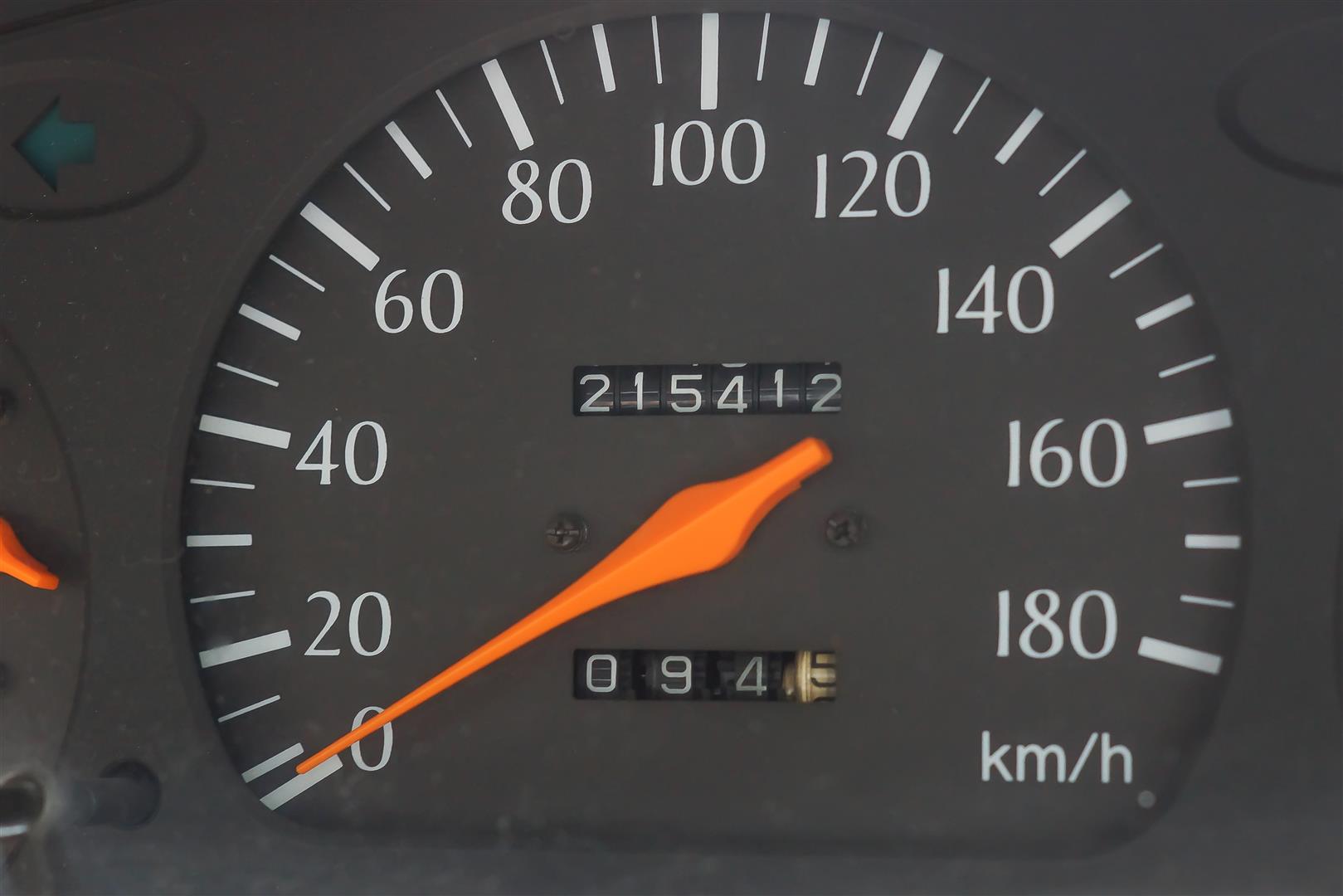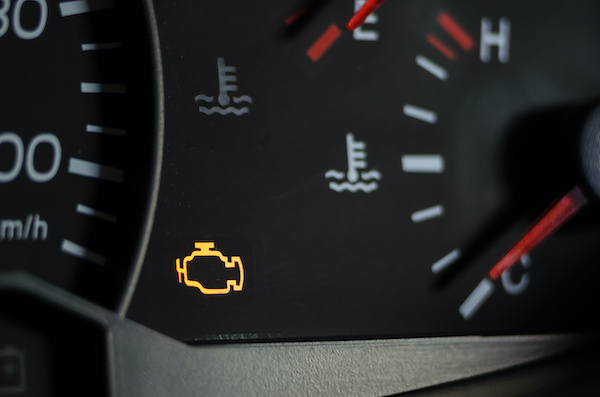Posted on 7/26/2021

If you own a vehicle that is nearing its tenth or so year of life, you may be curious as to how long cars are meant to last. Cars do not have an expiration date, so when do you know that it's time to let them go? On average, a vehicle will last over 11 years on the road. With proper maintenance and attention, your vehicle can last even longer. Nevertheless, the lifespan will also depend upon the make, model, and year of your car and your driving habits. Newer model vehicles are expected to last even longer than older cars. However, we will see whether that holds true in the future. Research has shown that trucks and SUVs tend to last longer than other types of vehicles. Regardless of what type of vehicle you drive, understanding the steps that you can take as an owner to extend your vehicle's lifespan is essential. Fun Fact: The oldest operating vehicle has been on the road for 48 whole years and has driven over 3 million miles. With that being sai ... read more
Posted on 6/23/2021

While vehicle maintenance is something you need to cater to all year round, there're seasons, such as winter, that bring a heightened focus on "winterizing" your vehicle. The icy and snowy conditions force people to make upgrades and check-ups before winter. But what happens when summer comes? Temperatures rise, and thunderstorms become a norm, making the roads slippery. Therefore, it is crucial to ensure that your tires are ready for summer driving. Below are some practical tips for ensuring your tires are safe for summer. Remove Winter Tires and Check Air Pressure The first thing you want to do is remove the winter tires because they aren't of much help in winter. In fact, they'll wear rather quicker when used on warm, paved roads. So instead, use summer or all-weather tires. It is also crucial to check the tire pressure to ensure that they're adequately inflated. With properly inflated tires, the tires maintain constant contact and the road. With imprope ... read more
Posted on 5/19/2021

Are you ready to hit the road, to feel the wind in your hair, the sun on your skin? You might meet some interesting people, catch up on some reading, party all night, or swim in the surf – whatever your plans may be, we wish you a lovely summer holiday. But before you head out, here are a few friendly reminders to help ensure your journey is safe and free of any unexpected surprises. Check out these top five tips. Tip #1 – Check your Tires Tire Threads: Check that your tires are safe for the journey, with enough remaining thread. An uncomplicated way to test your tire's tread depth is with a quarter. Insert a quarter into your tread groove. If the tread touches Washington's head, you have at least 4/32 inches of tread remaining. Wheel Alignment: An annual check-up of your wheel alignment could save you some bucks on gas, extend the life of your car's tires and smooth your ride. Potholes, curbs, rough roads, and general wear-and-tear can cause your alignment ... read more
Posted on 4/23/2021

Flashing and a Steady Check Engine Light - What are the Differences? You must always pay attention and get to the source of the check engine light that shows up in your car's dashboard. In most cases, the light shines a solid red or amber. However, you may find the light blinking. It is important that you know the difference and what you should do in both cases. The blinking light shows that there is an emergency and the vehicle needs to be repaired at once. Do not drive a vehicle with a blinking check engine light. It shows a serious problem has occurred in the engine. Even when the vehicle can still drive, there might be an issue that compromises your safety on the road. If you must drive it, take it to an auto repair shop right away. Otherwise, car experts recommend towing the vehicle to the auto shop. On the other hand, steady engine light also shows a lighter problem with the engine. While you can drive your vehicle with the light on, it is recommended that ... read more
Posted on 3/17/2021
.jpeg)
Interestingly, a car's ball joints work like the ball joints in human beings. They connect one part of the car body to the other and enable steering. In this case, a vehicle's rim and tire to the suspension system. These joints also allow the steering knuckle to connect to the control arm. They are hardened steel balls with a tapered stud that extrudes from the center that is encased in lubricated housings. Ball joint replacements are not usually part of routine maintenance, and therefore not changed so often. However, the mechanic should check them with every service. If you have an old car model, you may need to lubricate them with every oil change. Symptoms That You Need To Change the Ball Joints Vibration and Shaking When ball joints wear, they cause the vehicle to shake and vibrate as you drive. The reason is that they become loose and move about as you steer your car. You will feel vibrations through the steering wheel and in the chassis. Shaking make ... read more